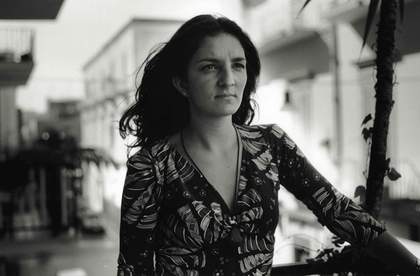Challenging the demands of reproductive labour has long been at the heart of the feminist struggle, and the basis for many arresting works by artists across the decades. This is also the case for feminist artist filmmakers. The ground-breaking exploration of women’s lived experience through a multi-generational family portrait presented in Bred and Born (Mary Pat Leece/Joanna Davis, 1983) provides a point of reflection for the video work of Cate Elwes, and recent films by Margaret Salmon and Mary Martins.
Bred and Born (Mary Pat Leece/Joanna Davis, 1983).
Myth/There is a Myth (Catherine Elwes, 1984) 10 mins, video/video installation.
Ninna Nanna (Margaret Salmon, 2007), 8 minutes 16mm colour and b/w film transferred to digital.
The Divide (Mary Martins, 2016) 5 mins, 16mm film and stop-motion animation.
Catherine Elwes, Margaret Salmon and Mary Martins will be in conversation.
Tate Britain's step-free entrance is on Atterbury Street. It has automatic sliding doors and there is a ramp down to the entrance with central handrails.
There is a lift between the Lower and Main floors. Alternatively you can take the stairs.
- Accessible, standard and Changing Places toilets are located on the Lower floor.
- Ear defenders can be borrowed from the ticket desk on the Lower floor.
To help plan your visit to Tate Britain, have a look at our visual story. It includes photographs and information about what you can expect from a visit to the gallery.
For more information before your visit:
- Email hello@tate.org.uk
- Call +44 (0)20 7887 8888 (daily 10.00–17.00)

